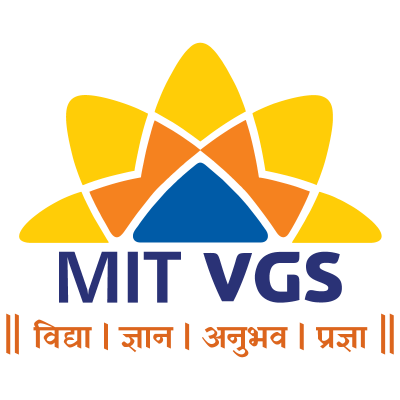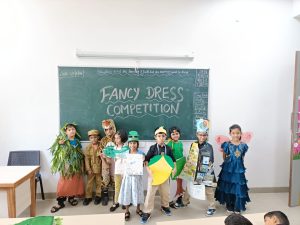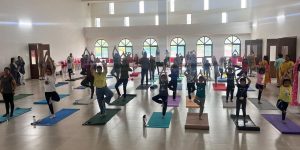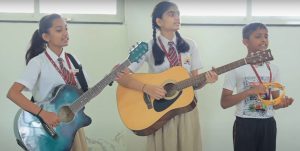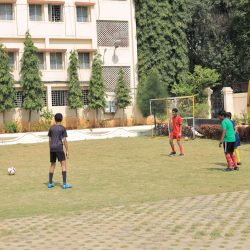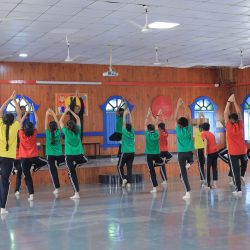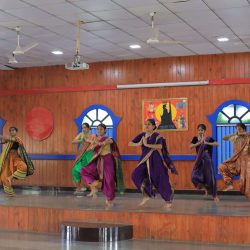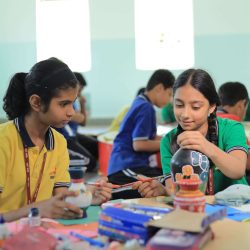Welcome to MAEER's MIT Vishwashanti Gurukul School, Ulwe
MIT Vishwashanti Gurukul Schools (MIT VGS) is a group of co-educational schools under the aegis of the Maharashtra Academy of Engineering and Educational Research (MAEER), a Pune-based trust. The MAEER trust was established in 1983 by Prof. Dr. Vishwanath D. Karad, a visionary educationist. It began by launching one of the first private engineering colleges in Maharashtra. Over the years, the MIT Group has expanded into an education conglomerate with 72+ institutes and more than 75,000 students.
MIT VGS has multiple campuses located in different cities in Maharashtra, including Pune, Aurangabad, Solapur, Barshi, Pandharpur, and Sangli. The Group has also added Ulwe as one of their VGS campuses, planned to start from the Academic Year 2024. MIT VGS Ulwe follows the CBSE curriculum and incorporates blended learning and best practices from international educational boards from around the world. MIT VGS’s commitment to providing quality education and its affiliation with the MAEER trust, which has a strong educational background, makes it a significant player in the field of education in Maharashtra.
Our key differentiators
- Toy pedagogy; touch-feel-sense cognitive development methodology
- Outreach activities
- School Exchange Programmes
- Well equipped laboratories for Innovation, Theatre, Carpentry, Sports, Maths, Science, Art and Pottery
- Well equipped ICT enabled classrooms
- Skill Clubs – Debate, Theatre, Eco, Robotics, Technomathematik, Innovations, Cyber ethics, Home Science, Social Service, Mindful learning, Indian and Western Dance, Classical and Western Music
- Flipped classroom and Blended teaching learning methodology and student centred learning
- Hands-on sessions, Workshops, Demonstrations
- Stellar result oriented curriculum
- Educational visits to renowned industries, research labs etc.
- Model United Nations
- Vedic Mathematics and Abacus training
- National and International Collaborations
- Project-based / research-based learning
- Blended and activity-based teaching learning
